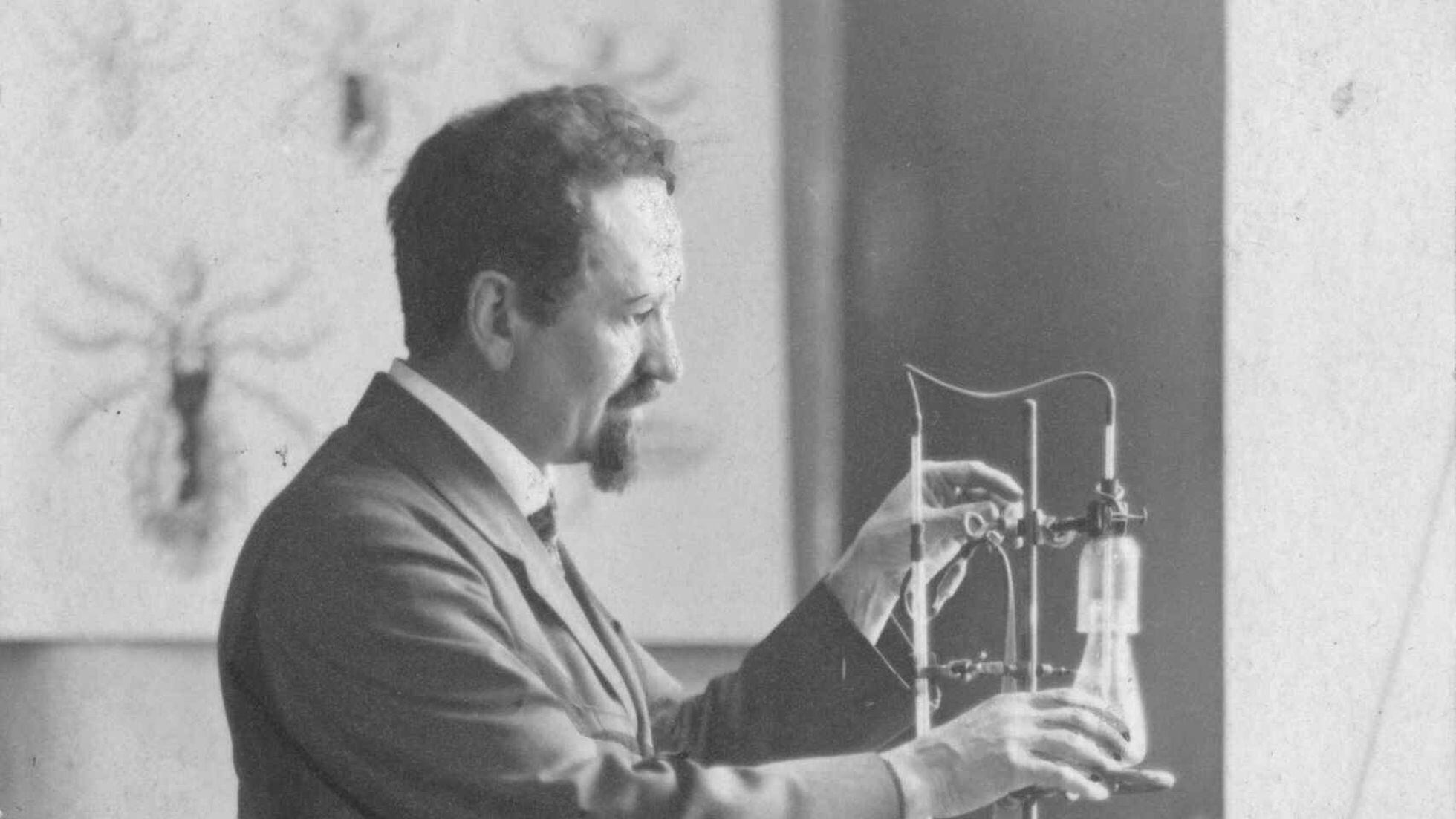Rudolf Weigl, a name synonymous with vaccination breakthroughs, stands as a pivotal figure in the history of medical science. In this article, we delve into the life and contributions of this genius, exploring not only his groundbreaking work but also the enduring impact he has had on modern vaccinology.
Early Life and Education
Weigl’s journey began in humble surroundings, shaped by his upbringing and early influences. His educational pursuits and initial career choices laid the foundation for the remarkable path he would later tread.
Pioneering Work in Typhus Vaccine
The narrative shifts to Weigl’s groundbreaking research on the typhus vaccine, a feat that revolutionized disease prevention. We unravel the challenges he faced during the development process, highlighting the perseverance that led to success.
Humanitarian Efforts During World War II
Weigl’s commitment to public health took a heroic turn during World War II. His efforts not only saved lives but also led to the establishment of the Weigl Institute, a beacon of hope in troubled times.
Collaboration with Oskar Schindler
An often-overlooked chapter in Rudolf Weigl life is his collaboration with Oskar Schindler. Together, they made significant contributions to preserving lives during a tumultuous period in history.
Post-War Contributions and Recognition
The article then navigates through Weigl’s post-war endeavors, examining his continued work in vaccine development and the recognition and awards bestowed upon him for his invaluable contributions.
Legacy in Modern Vaccinology
Weigl’s impact extends far beyond his lifetime. We explore how his work continues to shape contemporary vaccination efforts, emphasizing the enduring influence of his innovative methods.
Challenges and Criticisms
However, no legacy is without its challenges. We address controversies surrounding Weigl’s methods, placing them in the context of the ethical considerations of his time.
The Weigl Institute Today
Transitioning to the present day, we examine the current status and activities of the Weigl Institute, shedding light on its ongoing contributions to global health.
Reflections on Weigl’s Innovations
To provide a holistic view, the article incorporates interviews with modern experts, offering insights into the relevance of Weigl’s methods in today’s medical landscape.
Unveiling Lesser-Known Facts
Readers are treated to lesser-known aspects of Weigl’s life, exploring anecdotes and achievements that might not be widely publicized.
Personal Insights: Weigl’s Character
Delving into the personal side of Weigl, we seek to understand the man behind the genius. Colleagues and contemporaries share stories that offer a glimpse into Weigl’s personality and motivations.
Weigl’s Impact Beyond Vaccination
The narrative widens to explore how Weigl’s influence extends beyond vaccination, leaving an indelible mark on various facets of medical research.
Acknowledging Contemporaries and Collaborators
In recognizing that greatness is often a collaborative effort, we highlight key individuals who worked alongside Weigl, shedding light on the teamwork that propelled medical advancements.
FAQs
Was Rudolf Weigl the sole contributor to the typhus vaccine development?
While Weigl played a crucial role, the development of the typhus vaccine involved collaborative efforts with other scientists.
What challenges did Weigl face during World War II in his humanitarian efforts?
Weigl faced logistical challenges, resource constraints, and opposition from authorities resistant to his methods.
How has the Weigl Institute evolved since its establishment?
The Weigl Institute has evolved into a modern research institution, expanding its focus to address contemporary global health challenges.
What controversies surround Weigl’s methods, and how are they viewed today?
Weigl faced criticism for using unconventional methods, but historical context is crucial in understanding the ethical landscape of his time.
How can Weigl’s legacy inspire current and future generations in the field of medicine?
Weigl’s dedication, innovation, and resilience serve as an inspiration for those committed to advancing medical science.
Conclusion
We summarize Weigl’s enduring legacy, emphasizing the importance of remembering pioneers like him who have shaped the landscape of medical science.
